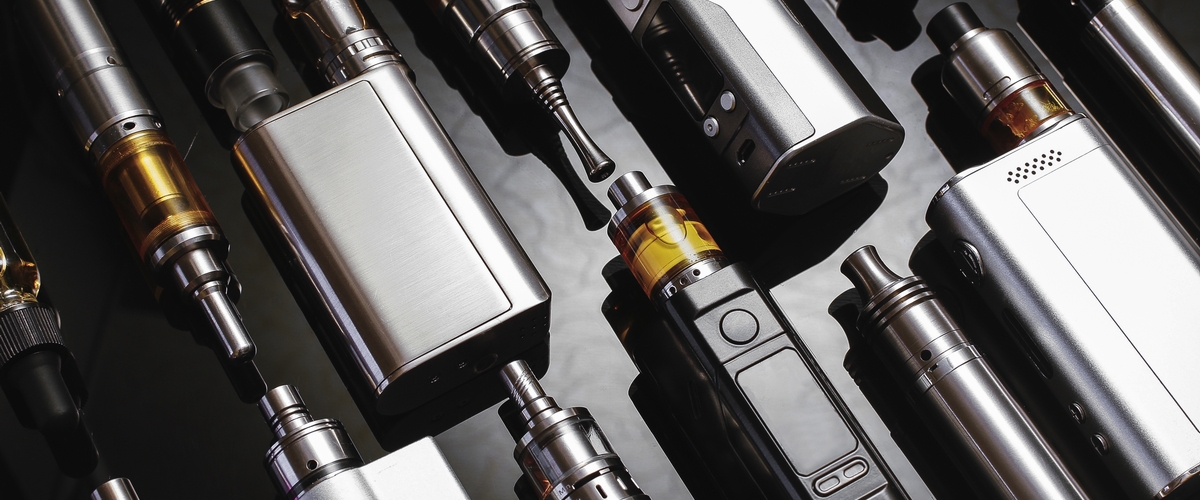Vapes and Recreational Drugs: A Deadly Combination

Electronic cigarettes are on the rise in the military community — a recent study found these drugs not only are used more prevalently than previously thought, but they are also outmatching traditional cigarettes. But electronic cigarettes may not only be more dangerous than we realize, they are also banned in some cases.
Electronic cigarettes or e-cigs, e-pens, and e-hookah are known collectively as ENDS — electronic nicotine delivery systems. They were first introduced to the U.S. mass market in 2007 as an alternative to actual cigarettes. But there are a lot of unknowns to ENDS, and according to smokefree.gov, “Since e-cigs aren’t regulated yet, there’s no way of knowing how much nicotine is in them or what other chemicals they contain. These two things make the safety of e-cigs unclear.”
Branches of the military have also realized the potential hazards of e-cigs and vaping products. The Commander, U.S. Fleet Forces, and Commander, U.S. Pacific Fleet released a joint message recently that suspends the use, possession, storage, and charging of ENDS aboard ships, submarines, aircraft, boats, craft, and heavy equipment. This new policy is in response to continued reports of explosions of ENDS due to overheating of lithium-ion batteries.
The Army’s message came through the Army Public Health Center, which recently released a Public Health Alert on the health effects of vape oils such as cannabidiol (CBD) oil, tetrahydrocannabinol (THC), or synthetic cannabinoids. Military Treatment Facilities have treated Service members who reported headaches, nausea, vomiting, palpitations, dilated pupils, dizziness, disorientation, agitation, and seizure symptoms that are associated with synthetic cannabinoids.
In a recent article, military officials state that, although some vape oils claim to contain CBD oil, CBD, THC, and/or synthetic cannabinoids, many vape oils do not disclose that they may contain illegal and/or potentially hazardous substances. Consumers may unintentionally purchase and use the oils containing these substances.
The current substance abuse Marine Corps order states that wrongful use of any natural substance, chemical, propellant, prescribed or over-the-counter drug, or pharmaceutical compound with the intent to induce intoxication, excitement, or stupefaction of their own central nervous system, or that of another, is prohibited. Any violation may result in prosecution or adverse administrative action.
If you, or someone you know, are concerned you can seek help or get education materials from your local installation’s Behavioral Health programs. Programs such as the Consolidated Substance Abuse Counseling Center or the Community Counseling Program, are staffed with trained professionals who are ready to help.